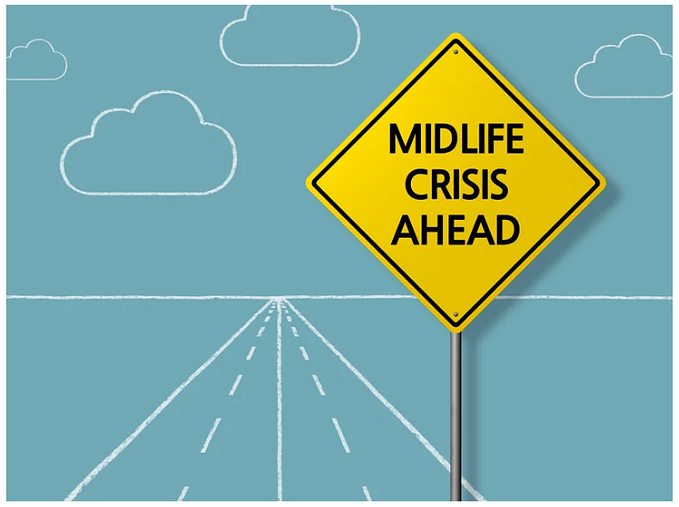Member-only story

Let me start you with something from late 2017 via Jason Fried, the CEO/co-founder of Basecamp:
As a general rule, nobody at Basecamp really knows where anyone else is at any given moment. Are they working? Dunno. Are they taking a break? Dunno. Are they at lunch? Dunno. Are they picking up their kid from school? Dunno. Don’t care.
The vast majority of the time, it just doesn’t matter. What matters is letting people design their own schedule around when they can do their best work.
This is a cool approach. I myself do not and never have worked at Basecamp, so I can’t tell you how true it is. I can tell you it’s very different than how most managers approach work. Very.
Fried later explains the problem of “presence:”
Presence is a feature of many modern communication work tools. It’s generally represented by a green, red, or yellow dot. If there’s a green dot next to someone’s name it means they’re available. Yellow or red means they’re away. This is how many companies get a read on who’s working when.
Related to that: most “digital tools” are increasingly just more shit to manage.
And then here’s one final gem from Fried:
If you’re constantly pulling people into things, then yeah, where they are right now matters. But if you prefer to let people consider something fully, and get back to you when when they’re ready, then it doesn’t matter where they are right now. We choose the latter.
This is “management by warm body,” and/or “You don’t look busy, so do this thing for me.” Sadly, we often hire — i.e. bring in full-time employees — on the same principle.
Now I want to pivot for one second over to this Art Markman article on Harvard Business Review entitled “You’re Never Going To Be Caught Up At Work,” (’tis true) which makes a few good points including:
Gabriele Oettingen’s research demonstrates that focusing on the gap between what you have accomplished and what you want to accomplish leads to feelings of dissatisfaction.
That’s a lot of pull quotes and context, but here’s where we land on all that:
- People are increasingly asked to be (or are willingly) “always on”










